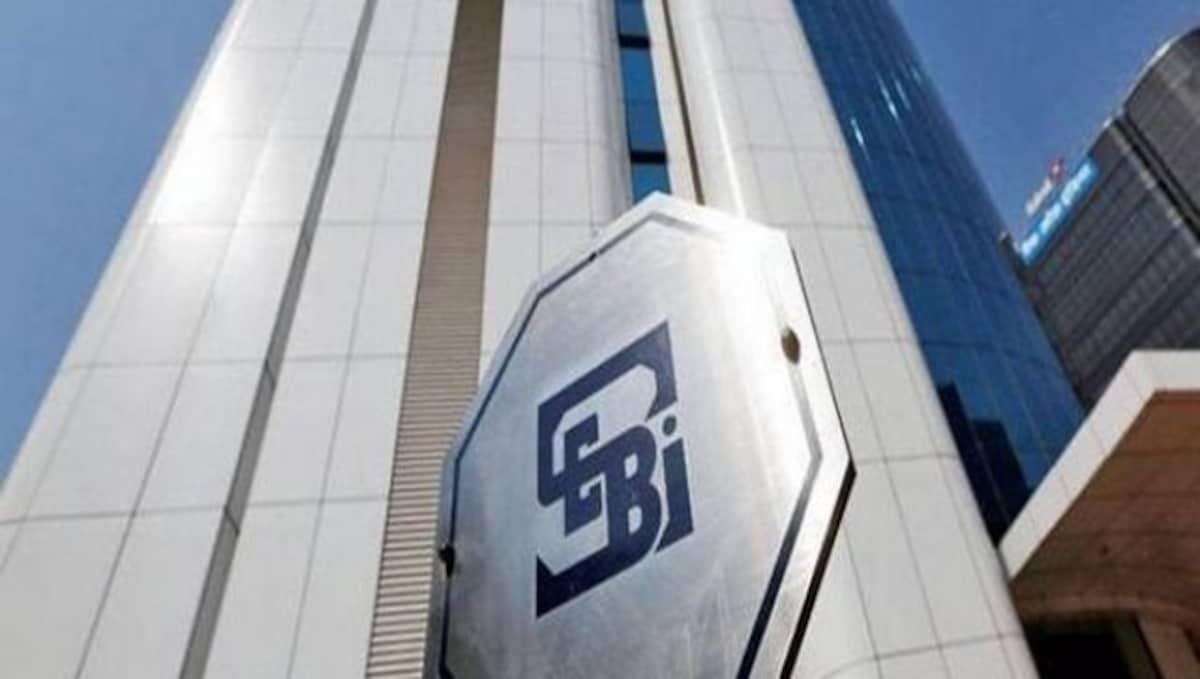SEBI Imposes ₹71.9 Crore Fine on Four Former Officials of Karvy Group: An In-depth Analysis of the Case and Its Implications
Unveiling the Regulatory Actions and Financial Consequences in the Karvy Group Scandal

In a significant development, the Securities and Exchange Board of India (SEBI) has imposed a hefty fine of ₹71.9 crore on four former officials of the Karvy Group, a prominent financial services conglomerate. This penalty comes as a consequence of the alleged unauthorized transfer of client securities by Karvy Stock Broking Limited, a subsidiary of the Karvy Group. It is crucial to delve into the details of the case, examine the regulatory actions taken by SEBI, analyze the financial implications for the individuals involved and the Karvy Group, and explore the broader ramifications for the Indian financial services industry.

Uncovering the Karvy Group Scandal
The Karvy Group, with a legacy of over three decades in the financial services sector, has been marred by a major scandal involving unauthorized transfer of client securities. The incident came to light in November 2019 when SEBI initiated an investigation based on investor complaints. The regulatory body found evidence suggesting that Karvy Stock Broking Limited had allegedly pledged clients’ securities to raise funds for its own use without their knowledge or consent.
The Modus Operandi: Karvy Stock Broking Limited reportedly misused the power of attorney granted by its clients to carry out unauthorized transactions. The company allegedly transferred clients’ securities to its own accounts, thereby bypassing regulatory norms and potentially exposing clients to financial risk.
Impact on Investors: The unauthorized transfer of client securities not only raised concerns about the safety of investor assets but also highlighted potential lapses in regulatory oversight. Thousands of investors were left vulnerable, unaware that their securities had been pledged, which could have far-reaching consequences on their financial well-being.
SEBI’s Investigation and Findings: SEBI launched a thorough investigation into the matter, scrutinizing the records and operations of Karvy Stock Broking Limited. The regulatory body found substantial evidence supporting the allegations of unauthorized transfers, leading to disciplinary action against the individuals involved and the imposition of a substantial penalty.

SEBI’s Regulatory Actions and Financial Consequences
SEBI, as the primary regulatory authority for the Indian securities market, has taken stringent measures to address the Karvy Group scandal and safeguard the interests of investors. The regulatory actions and financial consequences are aimed at setting a precedent and reinforcing the integrity and accountability of market participants.
SEBI’s Penalty on Four Former Officials: SEBI has imposed a collective penalty of ₹71.9 crore on four former officials of the Karvy Group, holding them accountable for their alleged involvement in the unauthorized transfer of client securities. The penalty amount includes disgorgement of illegal gains, interest, and a monetary penalty.
Impact on Karvy Group: The regulatory actions and financial penalties have had significant implications for the Karvy Group as a whole. The reputation of the group has been severely tarnished, and investor confidence has been shaken. The financial burden resulting from the penalty adds further strain to the company’s operations and financial stability.
Client Remediation and Market Reforms: SEBI has also directed Karvy Stock Broking Limited to facilitate the transfer of clients’ securities back to their respective accounts. Additionally, the regulatory body has taken steps to enhance investor protection and market transparency by implementing stricter guidelines and reforms to prevent similar incidents in the future.
Broader Implications and Way Forward
Restoring Investor Confidence: The Karvy Group scandal highlights the importance of investor protection and the need for robust safeguards in the financial services industry. The unauthorized transfer of client securities by Karvy Stock Broking Limited has raised concerns about the safety of investor assets and the adequacy of regulatory oversight. To restore investor confidence, it is crucial for regulators and market participants to take decisive actions and implement stringent measures to prevent such incidents from recurring.
Strengthening Regulatory Framework: The Karvy Group scandal has exposed certain weaknesses in the regulatory framework governing the securities market. To address these shortcomings, SEBI is expected to introduce reforms and stricter guidelines that enhance transparency, accountability, and investor protection. These measures may include enhanced monitoring of brokerage firms, stricter adherence to compliance and risk management practices, and more stringent penalties for non-compliance.
Rebuilding the Reputation of the Karvy Group: The Karvy Group, once a respected and trusted name in the financial services industry, now faces a significant challenge in rebuilding its reputation. The scandal has severely damaged its standing and eroded investor trust. The group will need to undertake comprehensive remedial measures, including implementing robust internal controls, enhancing corporate governance practices, and prioritizing investor welfare, to regain the trust of its stakeholders.
Lessons for Market Participants: The Karvy Group scandal serves as a stark reminder for all market participants, including financial institutions, brokers, and investors, to exercise caution and due diligence in their dealings. Investors should carefully review the credentials and track records of their service providers, while financial institutions and brokers must prioritize compliance, risk management, and investor protection to avoid regulatory scrutiny and reputational damage.

Investor Awareness and Education
The Karvy Group scandal underscores the importance of investor awareness and education in the financial services industry. Many investors were unaware of the risks associated with granting power of attorney to their brokers or the potential consequences of unauthorized transfers. To prevent similar incidents, it is essential for investors to be well-informed about their rights and responsibilities, understand the risks involved in their investment activities, and exercise caution when entrusting their assets to financial intermediaries.
Regulators and market participants should actively promote investor education programs, disseminate information about best practices in investment management, and encourage investors to conduct thorough due diligence before engaging with financial service providers. Empowering investors with knowledge and awareness will help them make informed decisions, detect irregularities, and protect themselves from potential fraudulent activities.
International Comparisons and Global Standards: The Karvy Group scandal also raises questions about India’s alignment with global standards and best practices in the financial services industry. As financial markets become increasingly interconnected, it is crucial for regulatory frameworks to keep pace with international standards to foster investor confidence and attract foreign investments.
SEBI and other regulatory bodies should continuously evaluate and compare India’s regulatory framework with global counterparts to identify areas for improvement. By adopting international best practices, India can enhance its regulatory effectiveness, strengthen investor protection mechanisms, and foster greater trust among global investors.
Collaborative Approach
Addressing the challenges exposed by the Karvy Group scandal requires a collaborative approach involving regulators, market participants, and industry associations. Continuous dialogue, information sharing, and cooperation among stakeholders are crucial to identify potential risks, implement preventive measures, and enforce compliance.
Regulators should actively engage with industry participants to understand emerging trends, assess risks, and tailor regulations to address evolving challenges. Industry associations can play a pivotal role in promoting self-regulation, developing industry standards, and fostering a culture of integrity and ethical conduct.
Proofread, Edited & Published By Naveenika Chauhan




